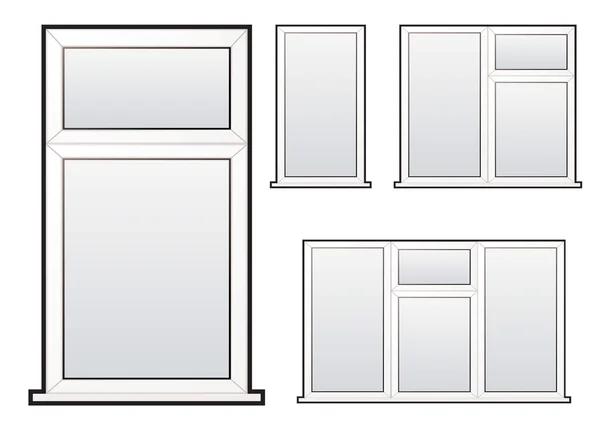Lean manufacturing plays a significant role in enhancing the production and installation of glazing systems, which are essential components in modern architecture and construction. By focusing on waste reduction, process optimization, and continuous improvement, lean principles help manufacturers deliver high-quality glazing products more efficiently while minimizing costs. The application of lean methodologies ensures that every step in the manufacturing process adds value to the final product without unnecessary delays or resource consumption.
In glazing systems, precision and customization are critical due to varying design requirements and performance standards such as thermal insulation, soundproofing, and safety regulations. Lean manufacturing addresses these challenges by implementing standardized workflows combined with flexible production techniques. This approach allows for quick adjustments based on customer specifications without compromising quality or increasing lead times. For example, just-in-time (JIT) inventory management reduces excess stock of glass panels or framing materials, lowering storage costs and reducing the risk of damage during handling.
Another key aspect is the integration of quality control measures throughout the production cycle rather than relying solely on final inspections. Lean encourages early detection of defects through continuous monitoring and employee involvement at each stage-from cutting glass sheets to assembling frames-thus preventing costly rework or scrap material generation. This proactive stance not only improves reliability but also enhances customer satisfaction by delivering flawless products consistently.
Moreover, lean manufacturing promotes collaboration between different departments such as design engineering, procurement, fabrication, and installation teams involved in City Sound Secondary Glazing projects. Streamlined communication channels reduce misunderstandings that can cause errors or delays during transitions from one phase to another. Cross-functional teamwork fosters innovation by encouraging workers to suggest improvements based on firsthand experience with equipment or processes.
The use of technology complements lean efforts within glazing system production environments. Automation tools like computer numerical control (CNC) machines enable precise cuts with minimal human error while reducing cycle times compared to manual methods. Data analytics provide insights into bottlenecks or inefficiencies that may otherwise go unnoticed until they impact delivery schedules adversely.
Ultimately, adopting lean manufacturing principles results in faster turnaround times for custom orders without sacrificing craftsmanship integrity inherent in complex glazing assemblies. Companies benefit financially through reduced overheads linked to waste elimination while gaining competitive advantages via enhanced responsiveness to market demands.
In conclusion, lean manufacturing serves as a vital strategy for optimizing the creation and deployment of glazing systems by fostering efficient resource utilization alongside superior product quality tailored specifically for architectural needs worldwide.
City Sound Secondary Glazing
367 Chingford Rd, London E17 5AE UK
44 20 8523 3210

